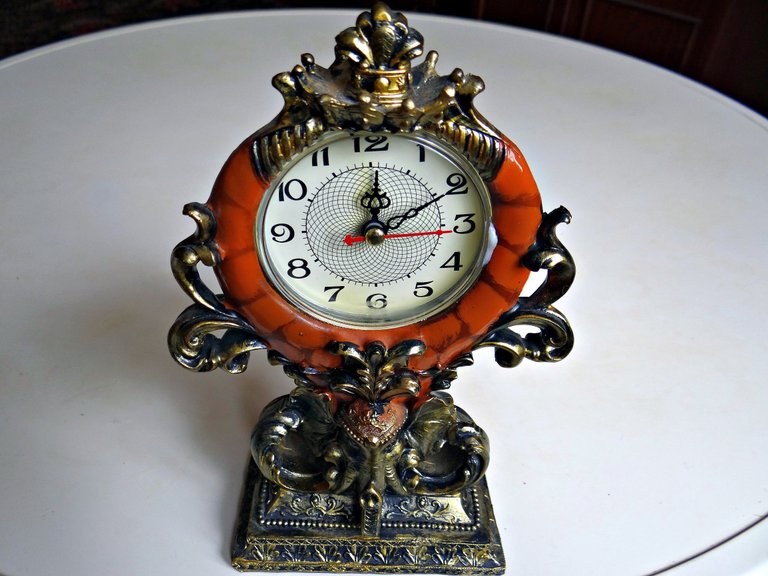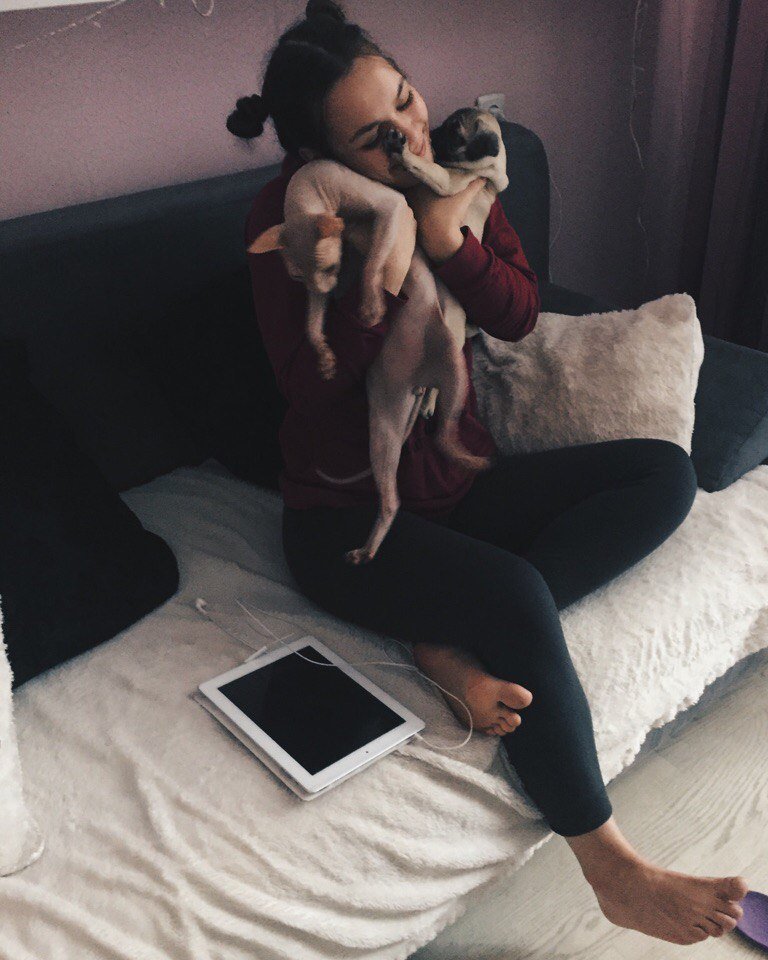
Our life is very busy and short and we should do our best not to waste time. Time is very important for everybody so I would like to tell you about a few things which help me to get organized and to save my time. I will talk today about organizers and hope this information will be helpful for Steemians and other people who will read this post.
An organizer should include at least the following functions. They don't all have to be on the same device or in the same software program:
1) Calendar. Keep a single calendar for appointments, birthdays, anniversaries, vacations, and upcoming bills and deadlines. This calendar should be easily accessible, whether on a computer or handheld device (even on a cell phone, if the service is available). You should only have one calendar, otherwise you increase the chance of forgotten appointments or double-booking yourself.
2) Address and Phone Book.
3) Task List. Also called a "To Do List," this is where you remind yourself of unfinished tasks. Helpful (but not required) features could include: multiple task lists (so you can keep your shopping list and your master task list separate from your daily task list), priorities, due dates, space for notes, etc.
4) Note Pad. This is where I write any extraneous notes to myself, except for critical items I need to see when I wake up the next morning (for which I still use paper). I also record my goals and my accomplishments on my organizer's note pad.
5) Check register. Record all of your bank transactions here, so you can keep a running balance, and avoid expensive overdraft charges. Or you can record expenses for which you expect to be reimbursed but don't have a receipt.
6) Calculator. A converter for foreign currency and metric/U.S. measurements could also be handy once in a while.
7) Clock. A second clock in a different time zone could also be helpful, as could a countdown timer and one or more alarms.
An organizer exists to help you get organized, so it's worth investing in and using one. Start with a cheaper model until you get in the habit of using it--otherwise, you will be wasting a lot of money. But whatever kind of organizer or organizers you choose, it must have the ability to back up data. Otherwise, what would you do if your organizer were ever lost or stolen? Computer hard drives crash or get hit with viruses; handheld devices drain their batteries or freeze up, losing all of their data. A weekly or daily backup of data is essential...and the cheaper handheld models don't have a way to back up their data. Neither do paper "day timers."

Here are some example organizers you can choose. More are invented every year:
1) Internet organizers. Yahoo, for instance, has a free online calendar you can use. This gives you the advantage of being able to check for appointments anywhere that you have access to a computer and the Internet. It also has other free services, such as e-mail, an address/phone book, a career center for posting your resume, news, a currency converter, a TV schedule, a movie theater schedule, newly released albums, etc., most of them configurable by you. Other web sites (such as FreeDrive), allow you to store files for convenient (if slow) transfer from computer to computer. Your bank's web site can probably tell you which transactions recently cleared. And the best thing about Internet organizers is that you don't have to back up the data (except maybe for the free file hosting services, which eventually might close down and delete your files). Your data is kept on a server somewhere, which is automatically backed up.
2) Computer programs. Microsoft Outlook is a popular one, but I see cheaper ones at office supply stores such as Office Depot--some for only about $10. Intuit Quicken and Microsoft Money can help you to organize your finances. A simple text editor, word processor, or spreadsheet program can record your notes, appointments--whatever you want. And the files are small, so you can back them up to floppy disks. The problem is that the data isn't as mobile. You might be sometimes at work, sometimes at home, sometimes elsewhere--and yet the data is only accessible from one place. If you carry the data with you on a floppy disk or Zip disk, it's more mobile--but the disk might become corrupted, so you would still need to back up your data to another disk at least once a week. And your chances of being inconvenienced by a computer virus are greater.
3) Handheld or laptop computer. This has the flexibility of the previous option, plus added mobility. Its weakness is its high cost.

4) Pocket organizer device (or cell phone or digital pager, one of these days). This is the most mobile option. Palm Pilots are the most flexible, but I'm happy with my Sharp Wizard OZ-770. There are many brands out there--just remember to buy one with a cable and software for backing up data. Both Palm Pilots and Sharp Wizards occasionally crash, corrupting their data. And if it's ever lost or stolen, just buy another of the same model, and restore your backup data. I still use my computer for e-mail and banking, though. And one final note: Most pocket organizers don't come with the ability to read e-mail. If you want one with e-mail, beware of buying a model which says "e-mail" but can only store e-mail addresses. The kind that can download and send e-mail would have to have a phone jack.
nice post. by the way, what name of this dog?
It is a pug, her name is Emma, I love her very much))
I'm in love with the CoCo i like the post and i like you a lot :)
Thank you, it is pleasant to hear this)
Thats great advice. Thanks for sharing. Enjoy your day
Thank you, I wish you a wonderful day too)
Being organized will make all things easy. This is the secret why lots of people always succeed in everything they do and this could also be reason why there are those who fails.
It is a matter of self-discipline, a mind set that will develop good personality shaped from good behavior.
You are right as always, thank you for your comment)
Likewise
great post:)) followed & upvoted
Thank you so much)
Welcome :))
Nice read, this was educational.
Thank you)